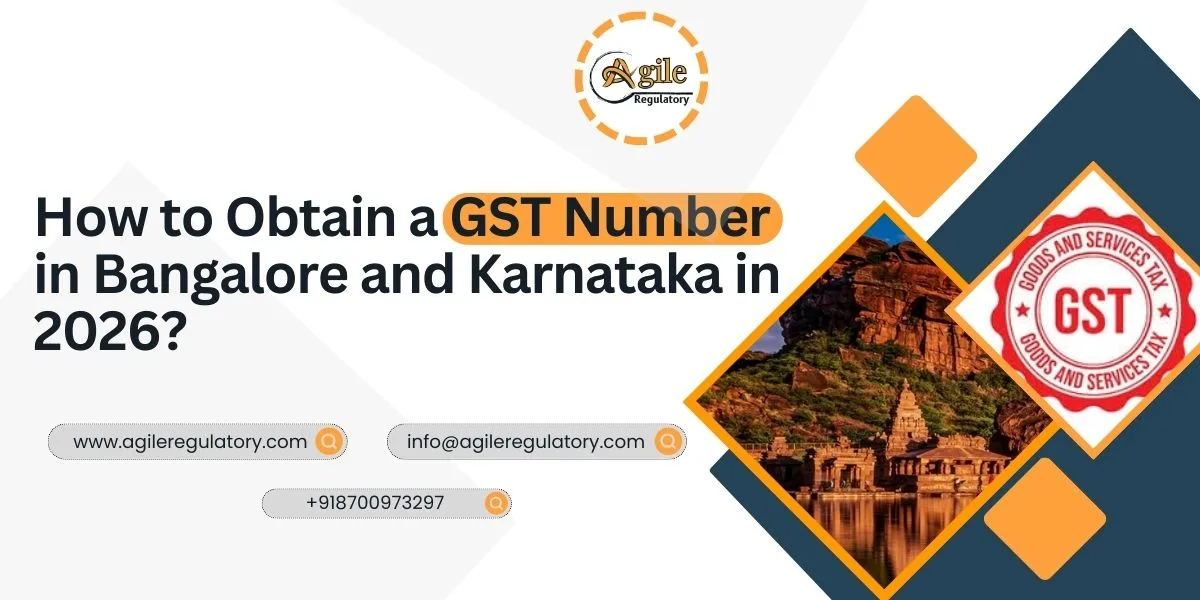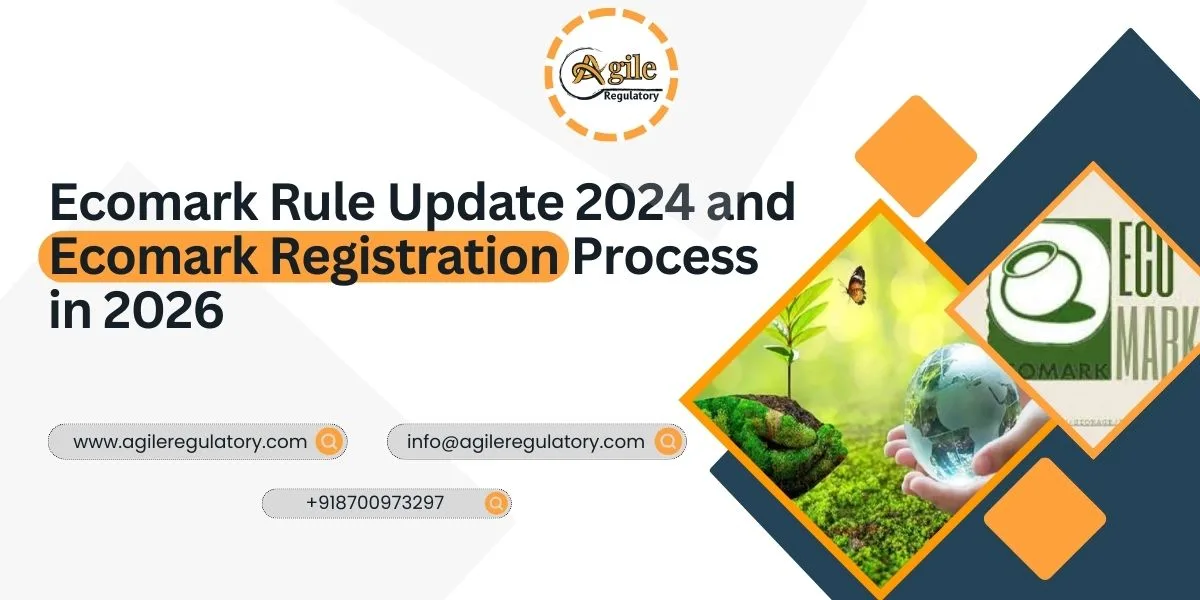
Get Instant Solution By an Expert Advisor
(4.8)


Getting trademark protection becomes mandatory for companies targeting brand security and uniqueness ownership. The trademark office rejects many trademark applications. The Trade Marks Act of 1999 sets out official reasons that will lead to refusing a trademark application. The applicant must know the trademark registration rejection causes to improve their application chances.
Absolute grounds pertain to the intrinsic characteristics of the trademark itself. Under Section 9 of the Trade Marks Act, a trademark may be refused registration if:
Relative grounds assess the trademark in relation to existing trademarks. As per Section 11 of the Act, a trademark may be refused if:
Navigating the trademark registration process involves several steps:
The government fees for trademark registration vary based on the applicant type and filing mode:
Individuals/Startups/Small Enterprises:
Others (e.g., Companies, LLPs, Trusts):
Note: Additional professional fees may apply if engaging a trademark attorney or agent.
Sometimes, even after all precautions, the Registrar may raise objections under either absolute or relative grounds. Here's how you can respond:
Pro Tip: Always work with a professional to draft replies or appear for hearings. One strong argument can be the difference between success and refusal.
Many applicants wonder: trademark registration in India can be renewed after how long?
Here’s your answer: A registered trademark is valid for 10 years from the date of application. But it doesn’t end there. You can renew it indefinitely in 10-year chunks by paying the renewal fee.
| Renewal Duration | Government Fee (E-filing) |
|---|---|
| 10 Years | INR 9,000 per Class |
Just make sure to file the renewal application before the expiration date to avoid penalties or the mark lapsing.
If you’re looking for trademark registration near me, you don't need to step out. Most of the process is now online, and professionals across India offer remote services. Here’s how to get started with trademark registration online:
Trademark protection is no longer a luxury—it’s a necessity. But the process isn’t always as straightforward as it seems. The Registrar has strict benchmarks under both absolute and relative grounds to ensure only genuinely eligible marks get through. That means the bar is high, and rightfully so.
A failed application not only wastes time but also increases your trademark registration fees if you reapply. So, treat this like an investment—plan thoroughly, seek expert help, and stay updated on your application’s status.

 Vanshika Mathur
Vanshika Mathur
27 Feb, 2026

 Divya Saxena
Divya Saxena
27 Feb, 2026

 Nishi Chawla
Nishi Chawla
27 Feb, 2026

 Nishi Chawla
Nishi Chawla
27 Feb, 2026

 Vanshika Mathur
Vanshika Mathur
26 Feb, 2026

Get Instant Solution By an Expert Advisor
(4.8)
We simplify compliance through a proven 4-step process: Consultation, Documentation, Submission, and certification. From understanding requirements to getting final approvals, we deliver a smooth, timely, and fully compliant journey for your business.
What our customer says about us
Fantastic support from the team. Their expertise transformed our approach, driving remarkable outcomes. A must-have partner for businesses seeking effective consulting solutions. Highly recommended.

KTPL Instruments
Agile Regualtory delivers exceptional solutions. Their insightful guidance streamlined our processes and boosted profitability. Highly recommended for businesses seeking expert consulting services to thrive.

Justrack IOT
Impressed by Agile Regulatory's expertise. Their strategic insights and practical solutions have elevated our business operations. A reliable partner for effective consulting services. Highly recommended for growth-focused businesses.

Coaire Compressor
Extraordinary consulting services. Their insightful solutions and dedicated team reshaped our business, driving remarkable improvements. Highly recommend it for transformative results.

Easy Polymer
Incredible experience with Agile Regulatory. Their innovative strategies and expert advice revitalized our business model, resulting in impressive growth. Highly recommend their exceptional consulting services.

Tarus International
Top-tier consulting! offered strategic solutions that revolutionized our approach. Their deep expertise and personalized guidance made a significant impact on our success. Highly recommend their services.

Anchor Weighing
Agile Regulatory exceeded expectations! Their tailored solutions, expertise, and proactive approach led to remarkable results. Highly recommend for businesses seeking impactful and strategic guidance.

AM Capacitor
Outstanding service! delivered targeted solutions with professionalism and expertise. Their insights elevated our business strategies, resulting in noticeable growth. Highly recommended for exceptional consultation.

Imaxx Pro Aquistic
Leave a Reply
Your email address will not be published. Required fields are marked *